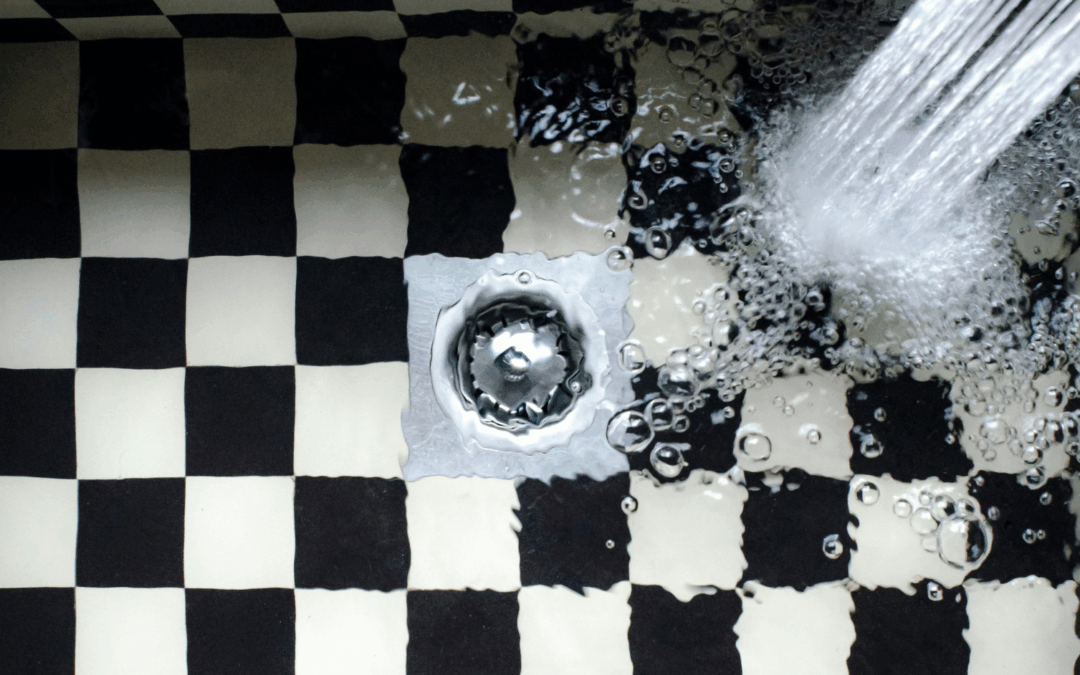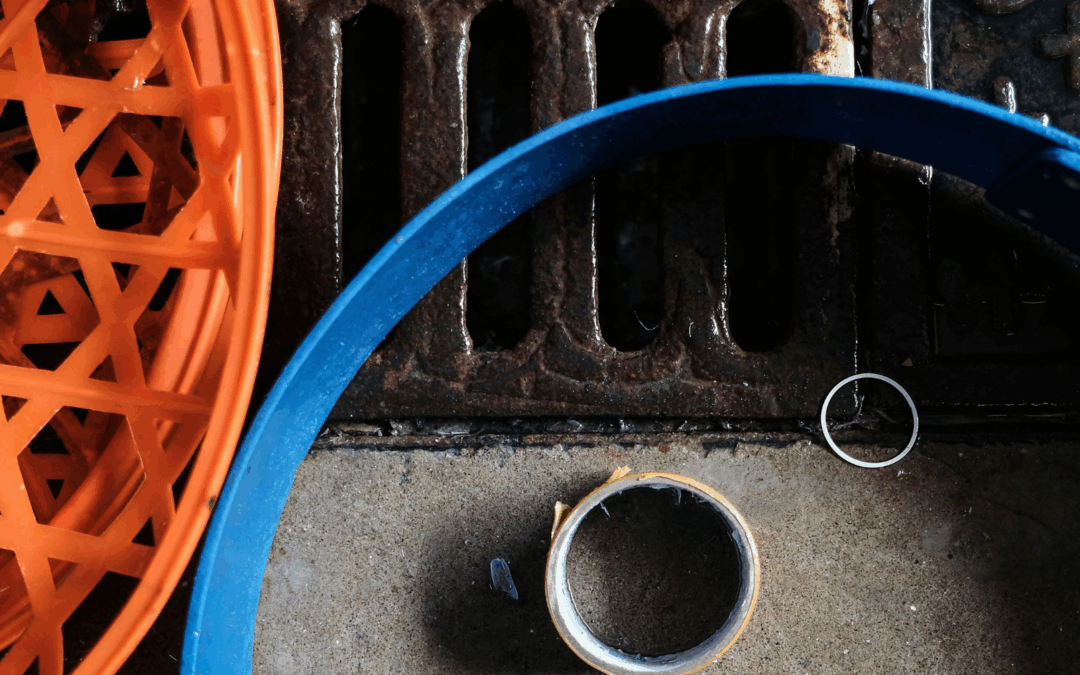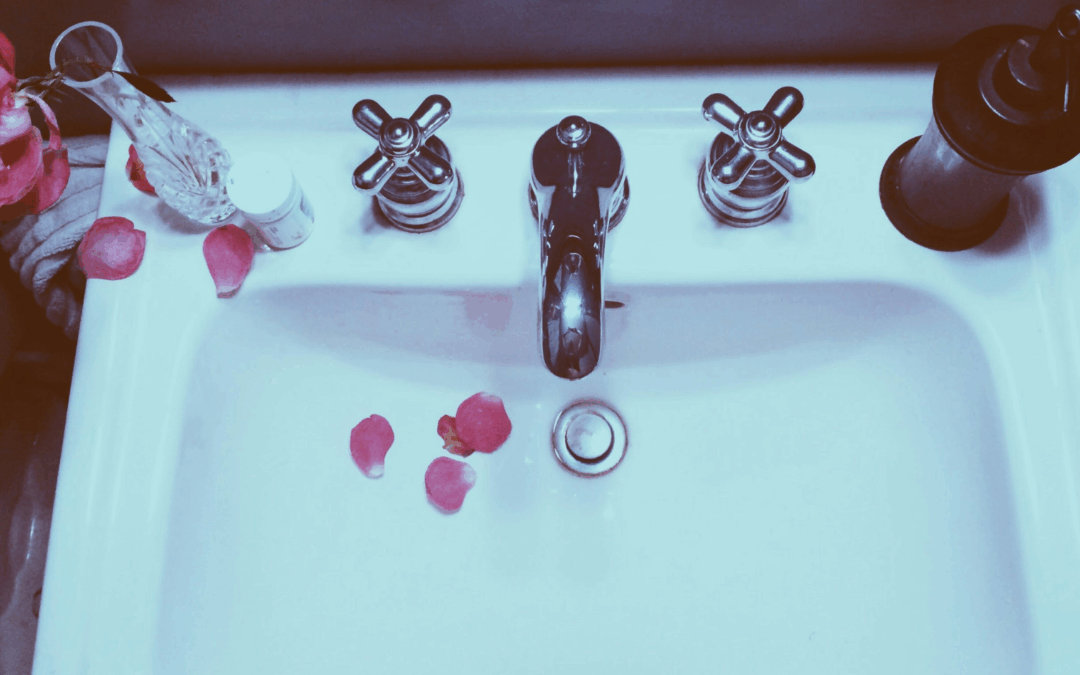Are you tired of paying too much for your sewer bill? If so, you’re not alone. Many people find themselves struggling to pay their sewer bills every month. But there is good news: there are ways to lower your sewer bill without sacrificing too much. We will be discussing how to reduce your sewer bill in this blog post. Keep reading to learn more!
What Is A Sewer Bill?
Schedule Service Online
Get a free estimate so you know what you're signing up for
"*" indicates required fields
For Emergency Services Call: 410-255-9300
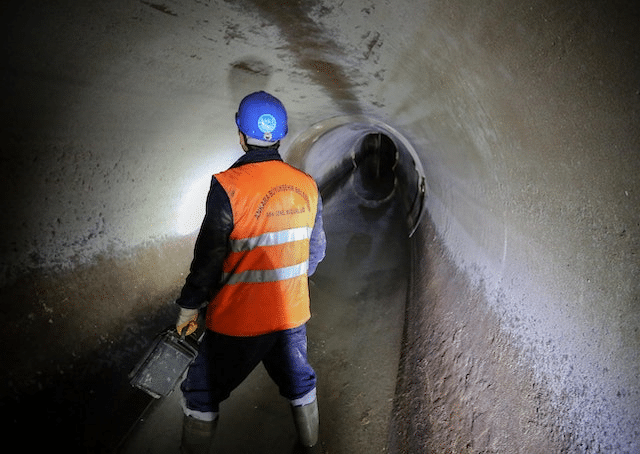
A sewer bill is a monthly statement that includes the charges for wastewater services. This charge is based on the amount of water you use each month.
Water usage is measured in cubic feet (CCF). And one CCF is equal to 748 gallons of water. The average American family uses about 300 gallons per day or 9000 gallons per month -when converted, this equals around 12 CCF per month.
What Does Your Sewer Bill Pay For?
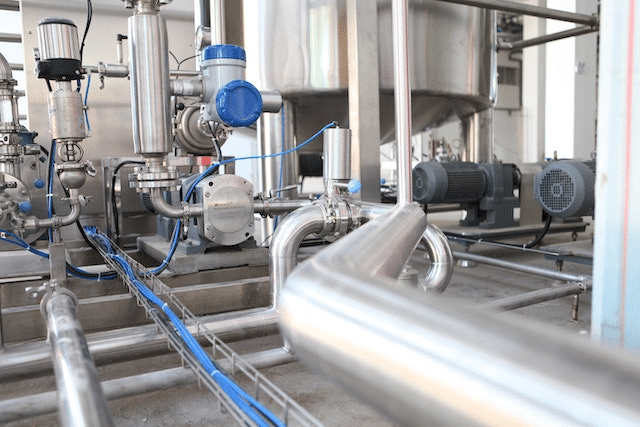
Your sewer bill pays for the operation and maintenance of the wastewater system. This includes the treatment of sewage, stormwater, and runoff. It also pays for the upkeep of the sewer lines and pump stations. Asides from this, the money from your sewer bill also helps fund new construction projects and upgrades to the sewer system.
How Much Should Your Sewer Bill Be?
The average sewer bill in the United States ranges between $14.04 and $135.57 per month. However, this amount can vary depending on the size of your family, the amount of water you use, and the cost of living in your area. You can find out how much your city or town charges for wastewater services by checking your local ordinances.
You can also call your water utility company and ask for a rate schedule. This will give you an estimate of how much your sewer bill will be each month.
How Is My Sewer Bill Calculated?
Your sewer bill is often calculated by multiplying your water usage (in CCF) by the wastewater service charge. The wastewater service charge is set by your municipality or utility company. This charge is usually based on the cost of providing wastewater service to customers.
For example, let’s say that your municipality charges $2.50 per CCF of water used. If you use nine CCF of water in a month, your sewer bill would be calculated as follows:
$2.50 x nine CCF = $22.5
As you can see, your sewer bill can add up quickly if you’re not careful. But there are ways to lower your account without making too many sacrifices. Let’s look at some of the best ways to do this.
How to Reduce Sewer Bill
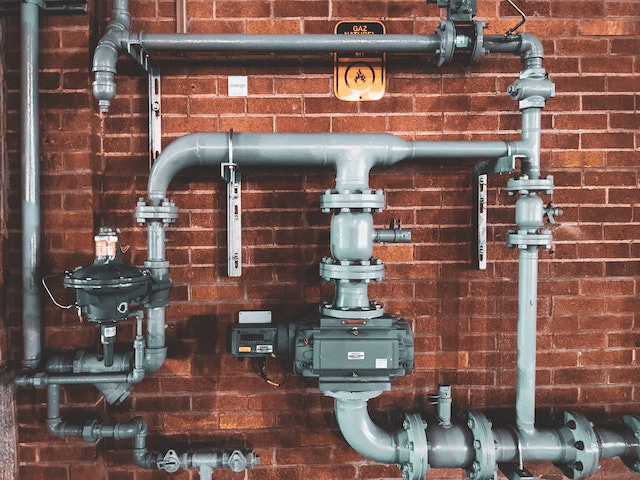
There are several ways to reduce your sewer charges each month. They include:
Reducing your water usage: One of the best ways to lower your sewer bill is to use less water. You can do this by fixing any leaks in your home, only running the dishwasher and washing machine when they are full, and taking shorter showers.
Investing in a water meter: Many municipalities offer discounts for customers who have a water meter installed. A water meter can help you track your water usage and ensure that you’re not using more than you need.
Switching to a low-flow toilet: If your home has an old, inefficient bathroom, consider switching to a low-flow model. Low-flow toilets use less water per flush without decreasing water pressure, leading to big savings on your bill.
Get an energy-efficient washing machine: If you’re in the market for a new washing machine, consider getting an Energy-star certified model. Energy-star certified machines use less water and electricity, helping you save money.
Monitor Your Irrigation System: Install a separate water meter for your irrigation system and make sure it is operating efficiently. An inefficient irrigation system can use a lot of water and drive up your sewer bill.
Fix leaks: Another way to reduce your water usage is to fix any leaks in your home. Leaky faucets and sprinkler heads can waste up to three gallons of water per day. So, if you have a leaky faucet, it’s important to get it fixed as soon as possible.
Why Do Your Water And Sewer Charges Differ?
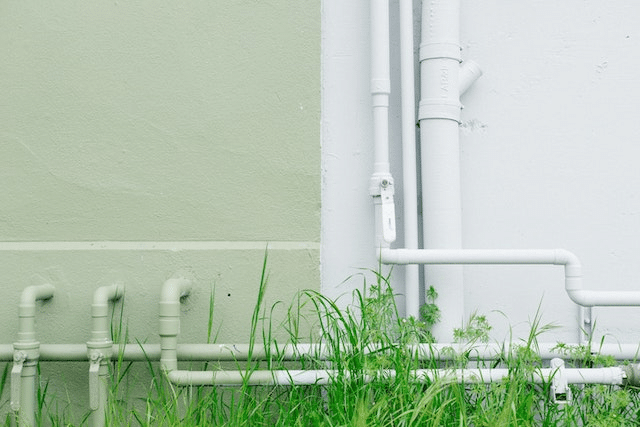
One of the main reasons for the discrepancy between your water and sewer bills is the differences in water distribution and wastewater collection systems. Water is distributed through pressurized pipes. It can also travel uphill and downhill.
Because wastewater pipes do not have to be laid at ground level and may follow the terrain, they are generally only 5 to 6 feet deep. Because most wastewater flows by gravity – sewer lines must be built to grade with a specific slope.
In hilly regions, sewer lines must frequently be constructed to go through steep valleys and hard rock. The cost of constructing a pipeline is mostly spent on the trench excavation, which entails digging deep into rock. The higher the depth of the pipe, the more expensive construction becomes.
Asides from this, sewage water treatment incurs a significant amount of costs. It includes the use of electricity to power pumps and aerators as well as chemicals to disinfect the water. The end result is that your sewage bill will be higher than your water bill.
Conclusion
If you’re looking for ways to save on your sewer bill, we hope the tips in this post have been helpful. Remember that even a small change can make a big difference over time, so start using these strategies today and see how much money you can save!


